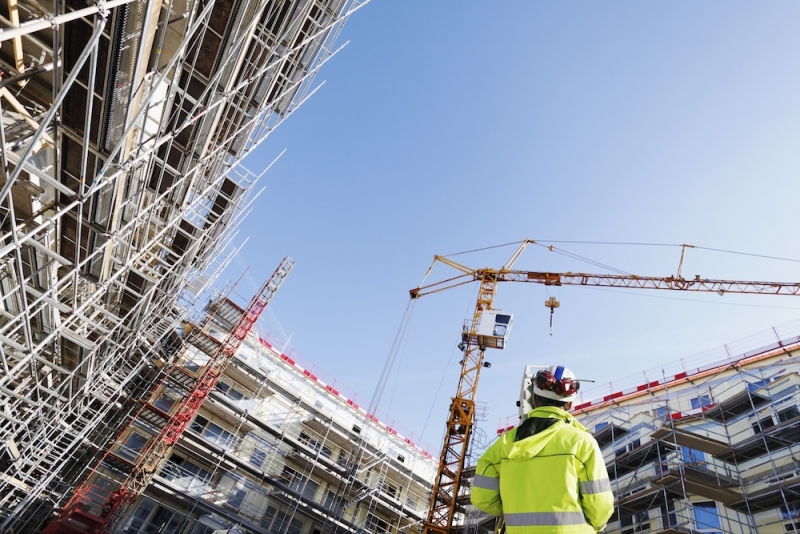In 2024, the Programme for Energy Efficiency in Buildings (PEEB) is set to significantly expand its impact on the global stage, with implementation of three key initiatives: PEEB Cool, PEEB Med and PEEB ASEAN. These initiatives are designed to address the critical challenges of climate protection and resilience in the building sector, particularly in regions facing the brunt of climate change effects.
PEEB Cool: Transforming Buildings in 11 countries
PEEB Cool represents a pivotal effort to enhance the sustainability and resilience of buildings in 11 countries across Africa, Asia, Eastern Europe, and Latin America. The partner countries are Albania, Argentina, Costa Rica, Djibouti, Indonesia, Mexico, Morocco, Nigeria, North Macedonia, Sri Lanka and Tunisia.
PEEB Cool aims to improve energy efficiency and resilience against extreme climate events, economic crises, and energy scarcity. With a comprehensive approach combining technical assistance and financial support, PEEB Cool facilitates the development of green building projects and fosters policy improvements for resilient and efficient buildings. The initiative's Investment and Enabling Facilities, supported by substantial funding from the Green Climate Fund, AFD, Fonds Français pour l’Environnement Mondial and BMWK, are expected to save over 1.56 million tCO2eq and create 27,000 jobs, highlighting PEEB Cool's transformative potential.
PEEB Med: Advancing Energy Efficiency in the Mediterranean
PEEB Med focuses on the Mediterranean region, supporting Algeria, Egypt, Jordan, Lebanon, Morocco, the Palestinian Territories and Tunisia. Given the Mediterranean's vulnerability to rising temperatures, PEEB Med's mission is crucial in transforming the local buildings and construction sector.
Backed by 30 million EUR from the European Commission (DG NEAR) and a total budget of 460 million EUR, PEEB Med combines technical project assistance with investment grants to lower financial barriers to energy efficiency. The initiative aims to directly benefit 14 million people and help avoid 1 million tonnes of CO2 equivalent over 50 years, demonstrating the impact of strategic investment and capacity building in the region.
PEEB ASEAN: Reducing Energy Intensity in Southeast Asia
PEEB ASEAN supports the transformation of the building sector in Southeast Asia. The initiative aims to reduce the energy intensity of ASEAN countries by 32% by 2025, aligning with the goal of achieving "Net Zero Emissions." By combining institutional support, implemented by the ASEAN Centre for Energy, with investment grants and technical assistance, PEEB ASEAN fosters the adoption of sustainable designs and constructions.
The program focuses on passive cooling measures, architectural design, and the implementation of high-performance building projects, with a budget of €5M funded by the French Development Agency (AFD). Benefitting 10 countries (Brunei Darussalam, Cambodia, Indonesia, Lao PDR, Malaysia, Myanmar, Philippines, Singapore, Thailand, Vietnam) it leverages international expertise to promote energy-efficient and environmentally friendly building solutions and aims to inspire a significant shift towards sustainable building practices across the region.
PEEB Initiatives at the Buildings and Climate Global Forum
The Buildings and Climate Global Forum in Paris will be the occasion for the Programme for Energy Efficiency in Buildings to present PEEB Cool, PEEB Med, and PEEB Asean. The Forum will gather international stakeholders, providing PEEB with an opportunity to detail the progress and impacts of its projects aimed at enhancing building sustainability and energy efficiency. The forum will allow for the exchange of experiences and strategies from these initiatives, underlining PEEB's role in promoting global collaboration towards achieving near-zero emission and resilient buildings. It will also highlight the practical steps being taken to address the challenges of climate change in the building sector, setting the scene for future actions and partnerships.
Learn more about PEEB’s participation in the Buildings and Climate Global Forum.


 more
more